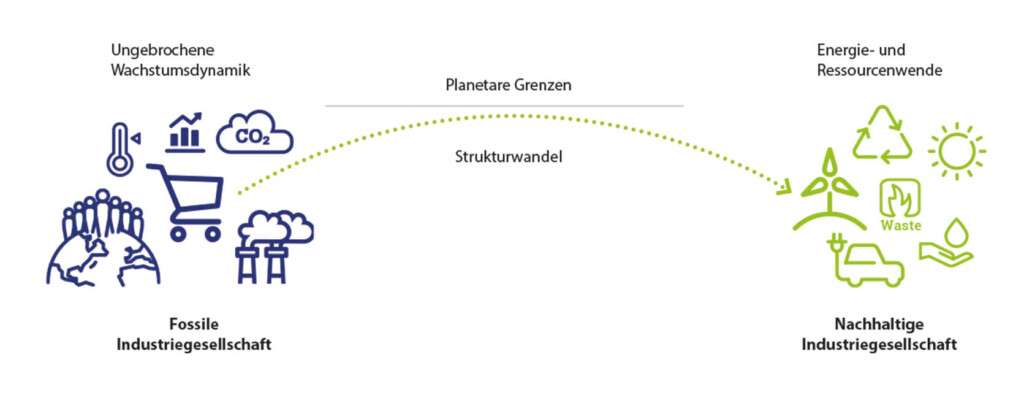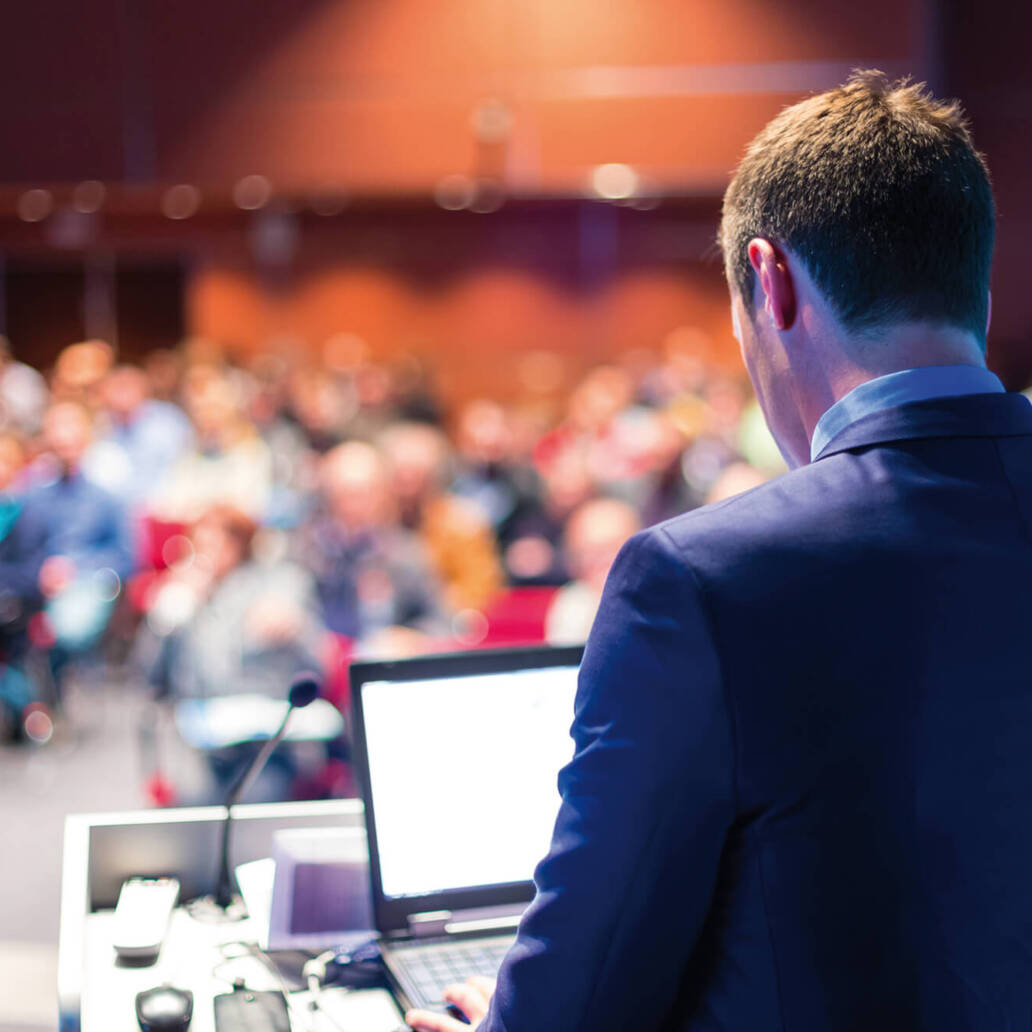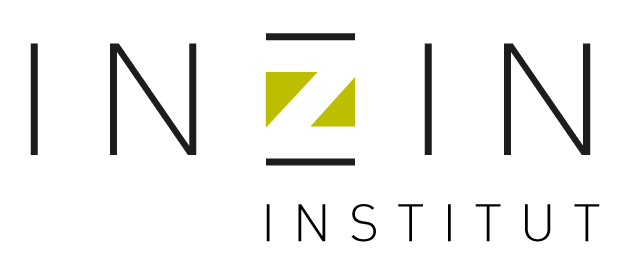Think tank
The manufacturing industrialised society is the most stable economic system to date and has ensured a high level of prosperity in many countries around the world for decades. The modern knowledge and service society is also part of this system.
he world’s population and economy are constantly growing, and with them the demand for energy and resources. In our materially limited world, however, prosperity can only be maintained if growth and resource consumption can be decoupled.

This decoupling is based on two pillars. Climate change requires a cleverly designed energy transition that leads to a greenhouse gas-neutral economy. The scarcity of raw materials requires a raw materials turnaround, as the increasing demand can only be met by recycling raw materials. On the one hand, the necessary structural change can no longer be stopped, but on the other hand it should open up constructive prospects for industrial society.
As a think tank, the INZIN Institute continues to promote this structural change through its activities.
The INZIN Forum: interaction and information.
The INZIN Institute regularly organises congresses, conferences and seminars to highlight and discuss new findings and different perspectives for the future of industrial society. At the same time, corresponding publications are produced for business, politics and science.
In recent years, forums have already been organised at IFAT in Munich, the Mobility Forum IONICA in Zell am See and the Metals matter! forum at the Evangelische Akademie Tutzing.
Cooperation partners

In cooperation with Springer Wissenschaftsverlag, the INZIN Institute has been publishing the magazine “Nachhaltige Industrie” since 2020, which contains articles from science and practice, interviews, debates and a thematic focus.

Business dialogues
The business dialogue takes up the important turning points (resource, climate and spatial change) for a necessary transformation of the economy and places them at the centre of the discussion. The aim is to bring together as many people as possible from different areas and with different competences to discuss the relevant and overarching topics of sustainability together with business, science and politics.
The broad thematic focus often means that the players know little about each other and therefore work together on system solutions or cross-industry value chains. It is precisely in this co-operation that the potential for innovation lies.
